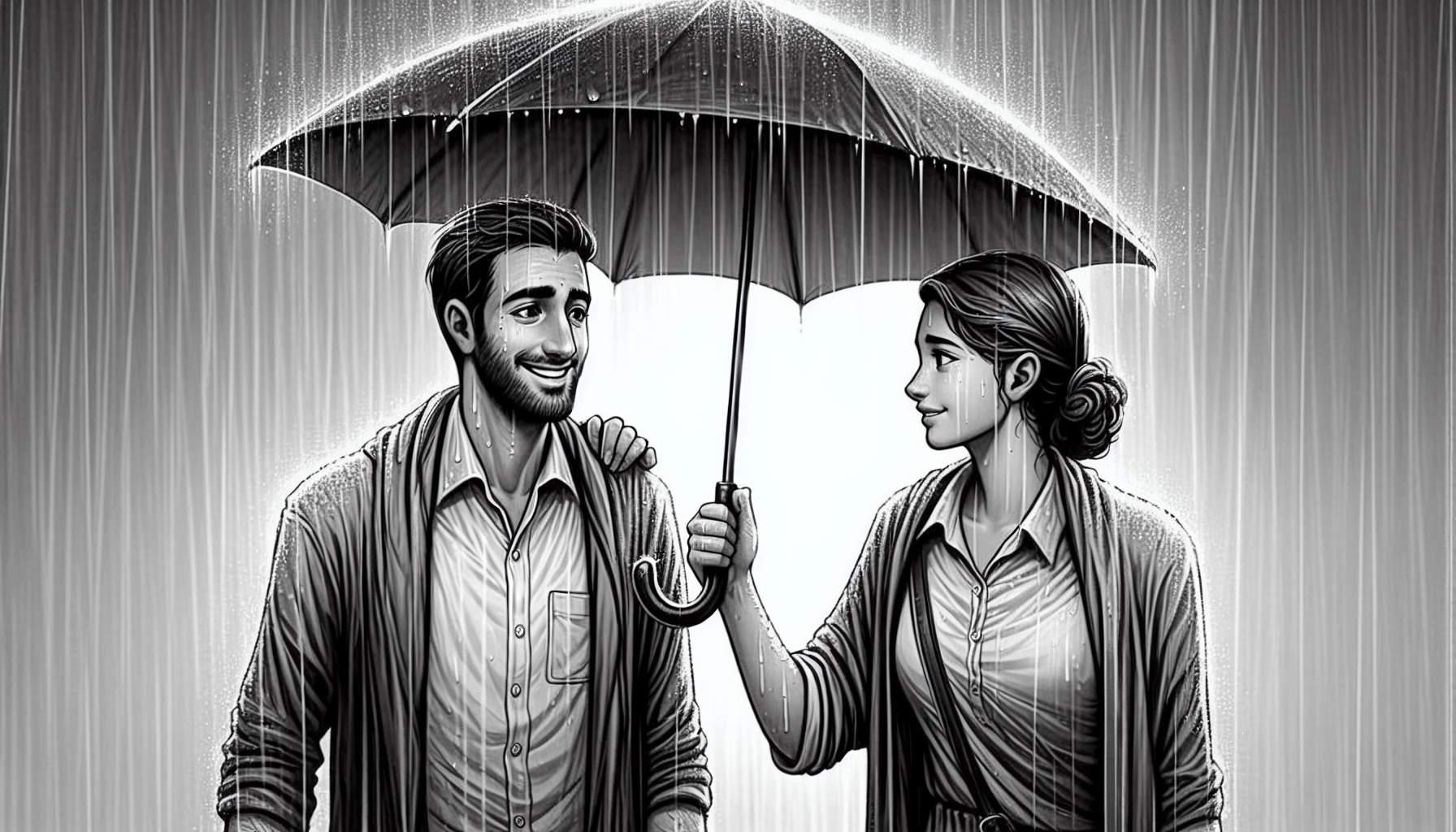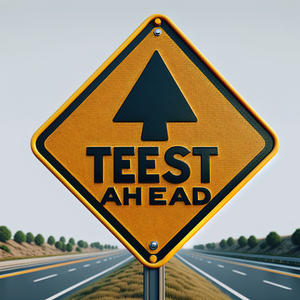Chasing Shadows: The Art of Urban Exploration

For many urban explorers, the draw of abandoned places stems from a deep-seated curiosity and a desire to connect with the past. These explorers are often attracted to sites that hold remnants of history—old factories, decaying hospitals, and deserted amusement parks. Each of these locations is a testament to a bygone era, telling stories of a time long gone, filled with rich narratives waiting to be uncovered. Take, for example, the exploration of the Detroit Packard Plant, once a bustling hub of automobile manufacturing. Now a crumbling relic, it serves as a canvas for graffiti artists and a playground for adventurers. Urban explorers navigate through the rusting machinery and crumbling walls, each step echoing the history of workers who once filled the space. The thrill of exploration is compounded by the sense of discovery; every corner turned can reveal a hidden piece of history or an unexpected beauty in decay. Another notable location is the abandoned amusement park of Six Flags New Orleans, submerged after Hurricane Katrina. Now overrun with nature, this once-vibrant site offers a haunting glimpse into the past, reminding us of both joy and loss. For urban explorers, the thrill lies not only in the physical exploration of these spaces but also in the emotional resonance they carry.
The Ethical Considerations
While urban exploration can be exhilarating, it also poses ethical questions. Many explorers grapple with the implications of trespassing on private property and the potential for vandalism. The urbex community often emphasizes the importance of respect—respect for the places they explore and the histories they represent. This respect manifests in a code of conduct among explorers, which includes not breaking anything, taking only photographs, and leaving nothing behind but footprints. Moreover, the ethical debate extends to the preservation of abandoned sites. Some explorers advocate for the documentation and preservation of these locations, arguing that they serve as vital historical artifacts. By sharing their findings through photography and storytelling, they raise awareness about the importance of preserving these sites before they are lost to time or redevelopment. For instance, the work of photographers like Andrew Moore, who captures the beauty and deterioration of abandoned spaces, has sparked dialogue about the artistic and historical value of such locations.
Stories from the Shadows
The urban exploration community is rich with personal stories that highlight the transformative power of these adventures. For instance, take the story of Sarah, a photographer who found solace in exploring abandoned buildings after experiencing a personal loss. Each location she visited became a therapeutic escape, allowing her to process her emotions while capturing the haunting beauty of decay through her lens. Her images not only showcase the physical spaces but also evoke a sense of nostalgia and reflection, resonating with others who have faced similar struggles. Another explorer, Mark, shares his encounters with fellow adventurers. He recalls an unexpected friendship formed while navigating through an old subway tunnel. Their shared passion for exploration led to late-night discussions about life, art, and the stories of the places they uncovered. These connections illustrate how urban exploration can foster community and camaraderie among individuals who share a love for adventure and discovery. Such relationships deepen the experience, transforming solitary pursuits into shared journeys of exploration and understanding.
Urban exploration is more than just a daring pastime; it is a pursuit that intertwines history, ethics, and personal narratives. As explorers venture into the forgotten corners of our cities, they uncover not only physical remnants of the past but also the stories that bind us to those spaces. The thrill of discovery, the ethical considerations, and the personal journeys make urban exploration a captivating subculture that continues to grow. As we chase shadows in the urban landscape, we forge connections with history and with each other, reminding us that even in decay, there is beauty, meaning, and a story waiting to be told. Urban exploration encourages us to confront our past while inspiring future generations to appreciate and preserve the relics of history hidden in plain sight.
Urban Archaeologist
Historical preservation societies, municipal planning departments, academic institutions
Core Responsibilities
Conduct archaeological surveys and excavations in urban settings to uncover historical artifacts and structures.
Collaborate with local governments and preservation societies to assess the historical significance of urban sites.
Document findings through detailed reports and presentations to inform future developments.
Required Skills
Strong background in archaeology or anthropology, with a focus on urban environments.
Proficiency in GIS (Geographic Information Systems) and data analysis for site mapping.
Excellent communication skills for community engagement and educational outreach.
Urban Landscape Photographer
Photography studios, art galleries, media outlets specializing in urban culture
Core Responsibilities
Capture and curate photographs of urban spaces, focusing on abandoned buildings and hidden locations.
Develop a personal style that tells stories through imagery, often merging art with documentary photography.
Manage social media and online portfolios to showcase work and engage with the urban exploration community.
Required Skills
Expertise in photography techniques, including composition, lighting, and post-processing software.
Familiarity with urban exploration ethics and the ability to navigate potentially hazardous environments.
Strong storytelling skills to convey the emotional and historical context of captured locations.
Urban Conservation Specialist
Government agencies, non-profit organizations, conservation consultancies
Core Responsibilities
Advocate for the preservation of historic and abandoned urban sites, ensuring they are recognized and protected.
Collaborate with city planners and developers to integrate conservation efforts into urban development projects.
Conduct research on best practices for preserving architectural heritage and historical landscapes.
Required Skills
Background in architecture, history, or urban planning, with a focus on conservation techniques.
Strong project management skills to coordinate between multiple stakeholders and agencies.
Knowledge of legal frameworks and policies related to historical preservation.
Urban Exploration Content Creator
Digital media companies, lifestyle brands, personal blogs and vlogs
Core Responsibilities
Produce engaging content (videos, blogs, or podcasts) centered on urban exploration experiences and findings.
Research and document the history and significance of various urban sites to share with a wider audience.
Build and maintain an online community of fellow explorers and enthusiasts through social media platforms.
Required Skills
Strong writing, editing, and multimedia production skills, including video editing and graphic design.
Knowledge of SEO and digital marketing strategies to effectively reach and grow an audience.
Ability to work independently while managing time-sensitive projects and collaborations.
Urban Ecologist
Environmental consulting firms, research institutions, non-profit organizations focused on urban ecology
Core Responsibilities
Study the interactions between urban ecosystems and human activities, particularly in abandoned or underutilized spaces.
Assess biodiversity in urban landscapes and develop strategies for enhancing ecological health.
Collaborate with city planners to create green spaces that incorporate elements of urban decay and nature.
Required Skills
Background in ecology, biology, or environmental science with a focus on urban environments.
Proficiency in data collection and statistical analysis, including the use of ecological modeling software.
Strong communication skills to provide recommendations to stakeholders on sustainable urban development.


